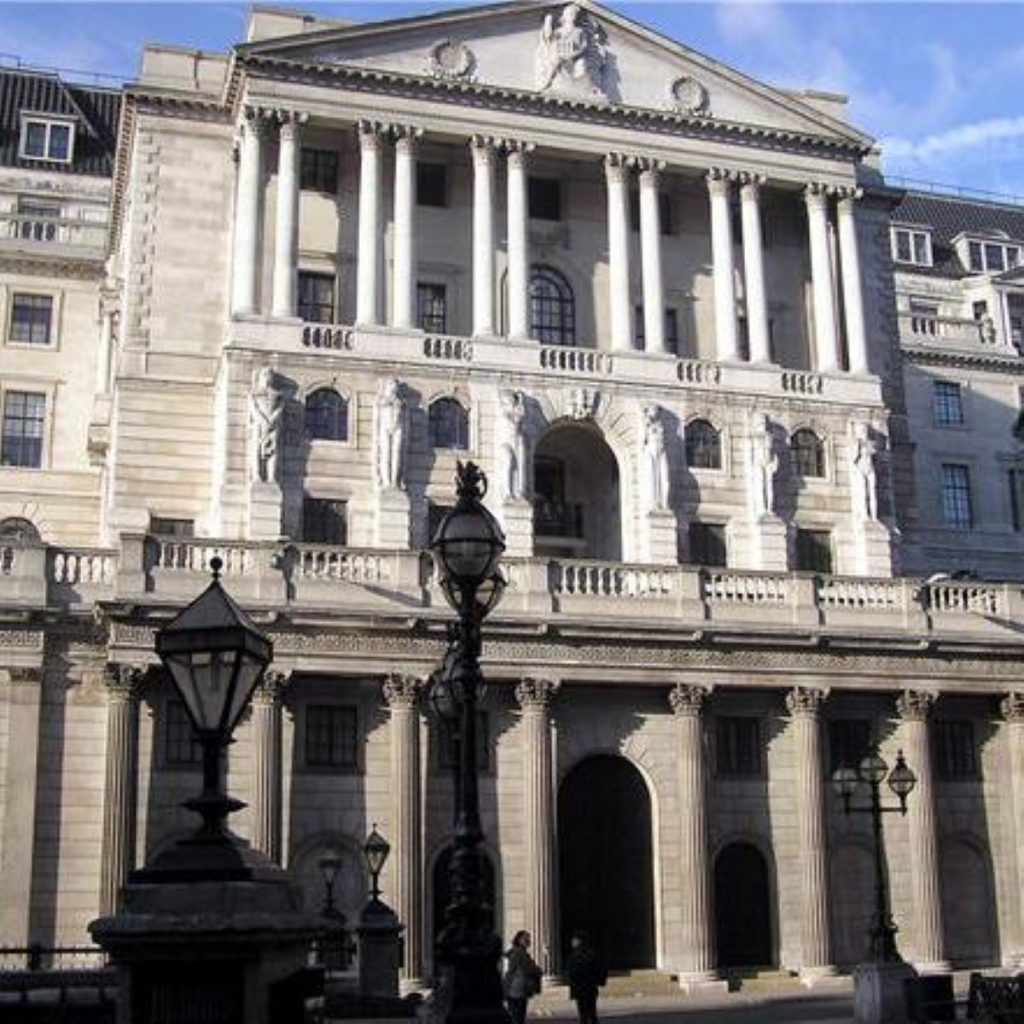King eyes more Bank powers
By Alex Stevenson
Governor Mervyn King called for more powers for the Bank of England in the wake of the last year’s financial crisis.
He used his speech to the Lord Mayor’s banquet at Mansion House in the City to argue that the Bank’s statutory responsibility cannot be met through monetary interventions alone.
In an extended metaphor the governor said the Bank was like “a church whose congregation attends weddings and burials but ignores the sermons inbetween”.


He said the Bank could not promise “bad things” like financial crises wouldn’t happen and seemed likely to struggle in attempting to encourage better behaviour “through the power of voice”.
“Warnings are unlikely to be effective when people are being asked to change behaviour which seems to them highly profitable,” Mr King continued.
“So it is not entirely clear how the Bank will be able to discharge its new statutory responsibility if we can do no more than issue sermons or organise burials.”
There were no specific proposals on what powers he hoped may be handed to the Bank. But he said a “broad consensus” existed that a “‘macro-prudential’ toolkit” had to be deployed.
“Inflation targeting is a necessary but not sufficient condition for stability in the economy as a whole,” he added.
“When a policy is necessary but not sufficient, the answer is not to abandon, but to augment, it. Indeed, the overarching lesson from this crisis is that the authorities lacked sufficient policy instruments to take effective actions.”
Chancellor Alistair Darling, who also addressed the banquet, did not make any reference to plans for reforming the banking regulation system.
His comments were more focused against a change of attitude among businesses.
“I believe that recent events present us with an opportunity to build a stronger, more efficient and resilient financial sector. And if we’re going to do that we cannot go back to business as usual,” he told the City.
“All of us need to learn lessons and this process has to start in the boardroom as the first line of defence.”












